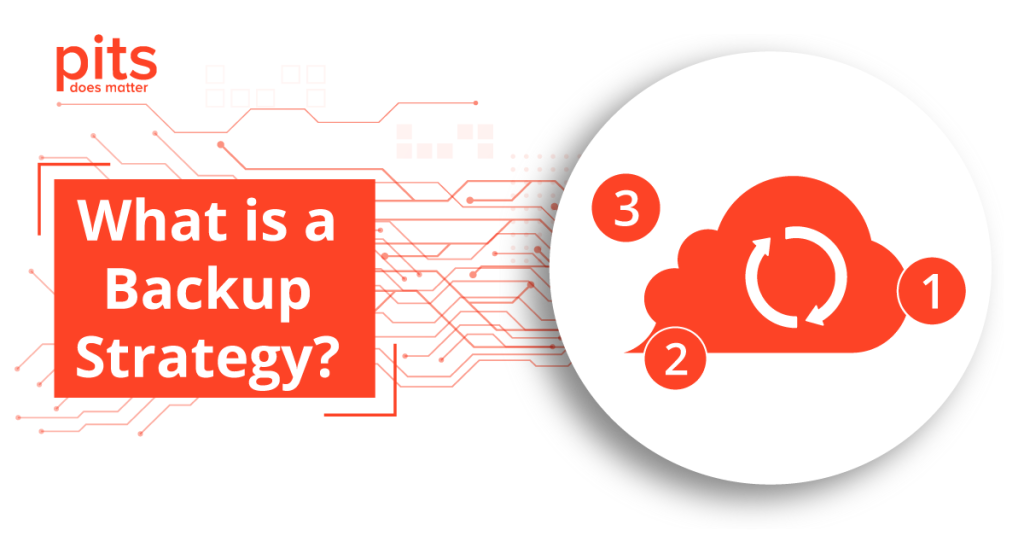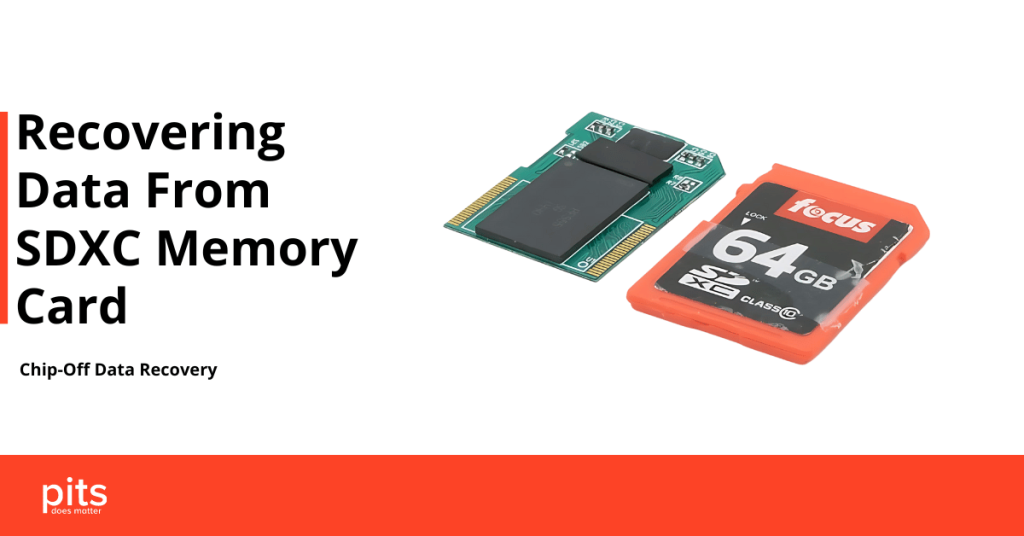Experiencing a RAID failure can be a daunting situation, especially if you’re relying on it for critical data storage. Understanding the steps to take can help you respond effectively and minimize data loss. Here’s what you need to do when facing a RAID failure.
Stay Calm and Assess the Situation
The first step is to stay calm. Panicking can lead to hasty decisions that might worsen the situation. Assess the failure by checking the RAID management interface or any alerts that have been issued. Determine if the issue is a minor error or a more serious problem, such as a failed drive or RAID controller.Identify the Type of RAID Configuration
Understanding your RAID configuration is crucial. Common types include:- RAID 0: Offers speed but no redundancy. If one drive fails, all data is lost.
- RAID 1: Mirrors data across two drives. If one drive fails, data is still safe on the other.
- RAID 5: Distributes data and parity across multiple drives, allowing for one drive failure without data loss.
- RAID 6: Similar to RAID 5 but can withstand two simultaneous drive failures.
Do Not Rebuild or Format the RAID Array
If you suspect a failure, do not attempt to rebuild or format the RAID array. This can lead to irreversible data loss. Instead, ensure that you have a proper backup, if available. If no backup exists, it is crucial to proceed with caution.Check for Common Issues
Sometimes, RAID failures are caused by common issues that can be easily rectified:- Loose Connections: Check all cables and connections to ensure they are secure.
- Power Supply Issues: Ensure that the power supply is functioning properly and providing adequate power to the RAID.
- Firmware Updates: Check if your RAID controller firmware is up to date. Outdated firmware can lead to compatibility issues.
Consult RAID Management Software
Use any RAID management software that you have in place. Most RAID configurations come with management tools that can provide insights into the status of the drives, error logs, and potential solutions.Consider Professional Data Recovery Services
If you cannot resolve the issue yourself, it may be time to consider professional data recovery services. Experienced technicians can help recover data from failed RAID arrays without risking further damage. Look for a service with a strong reputation and expertise in RAID data recovery.Document Everything
As you go through the recovery process, document all actions taken. This includes any error messages received, changes made to the RAID configuration, and steps you’ve attempted for recovery. This documentation can be invaluable if you need to escalate the issue to professionals.Plan for the Future
Once the RAID failure has been addressed, take proactive steps to prevent future issues:- Regular Backups: Ensure that you have a comprehensive backup strategy in place. This can include off-site backups and regular snapshots of your data.
- Monitor Drive Health: Use tools that monitor the health of your drives to catch issues before they lead to a failure.
- Test Your RAID Configuration: Regularly test your RAID setup to ensure it functions as expected.


